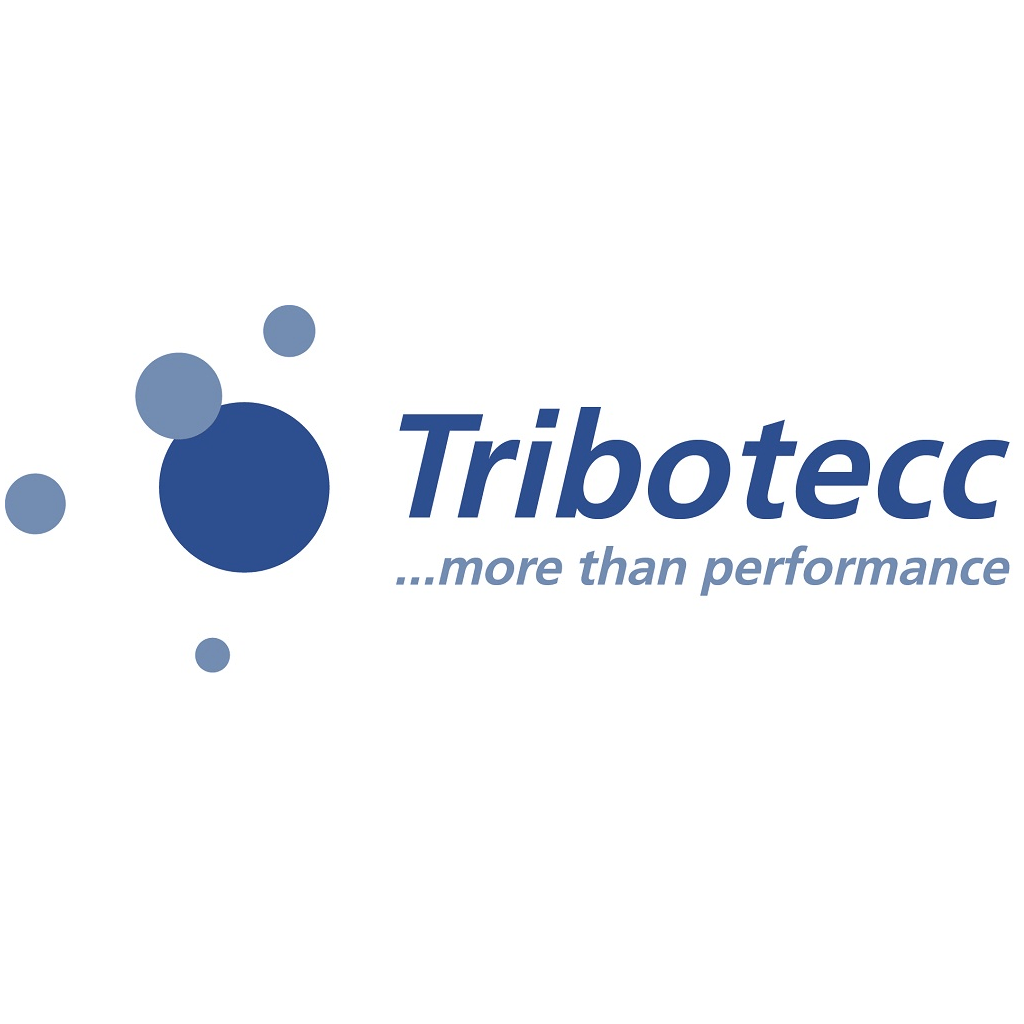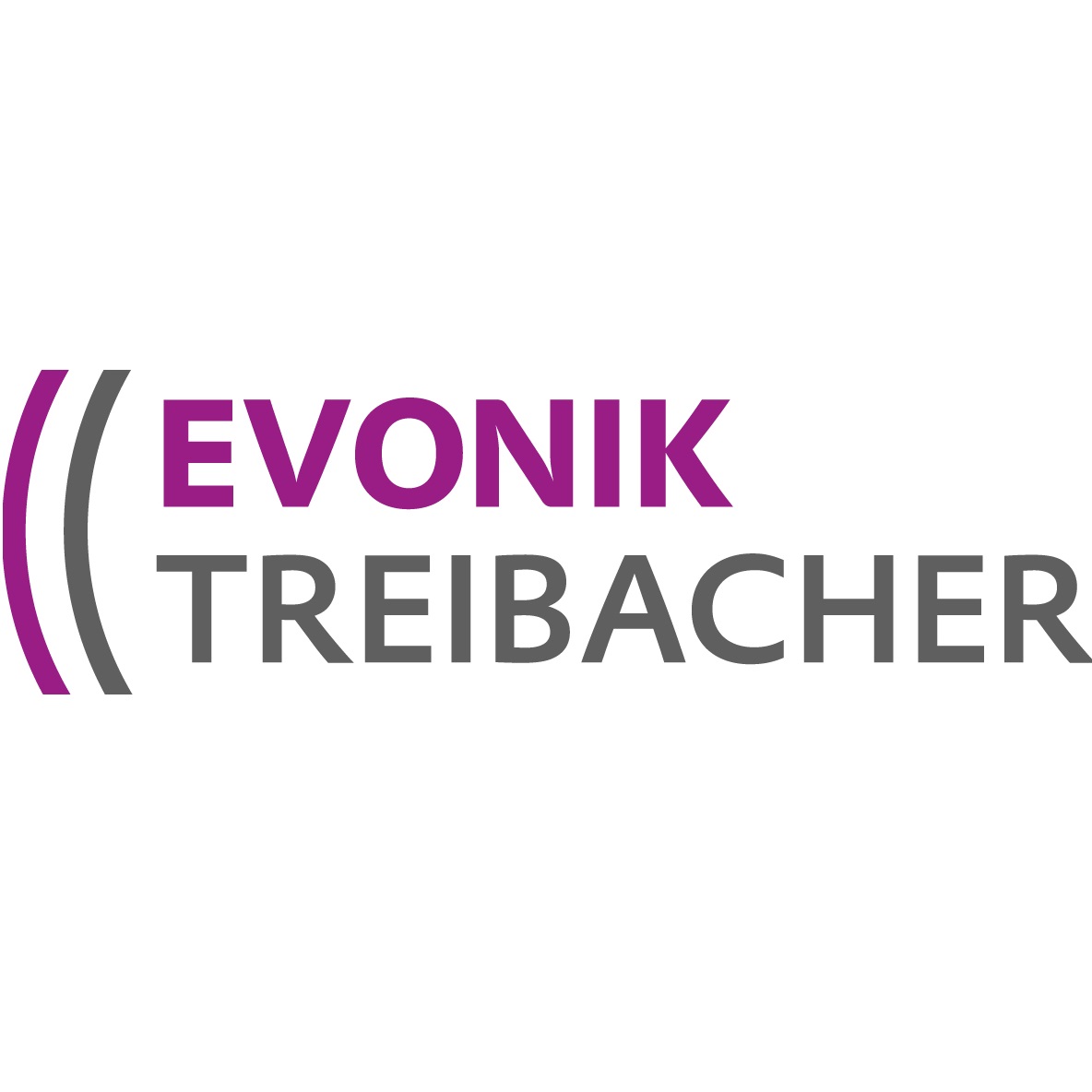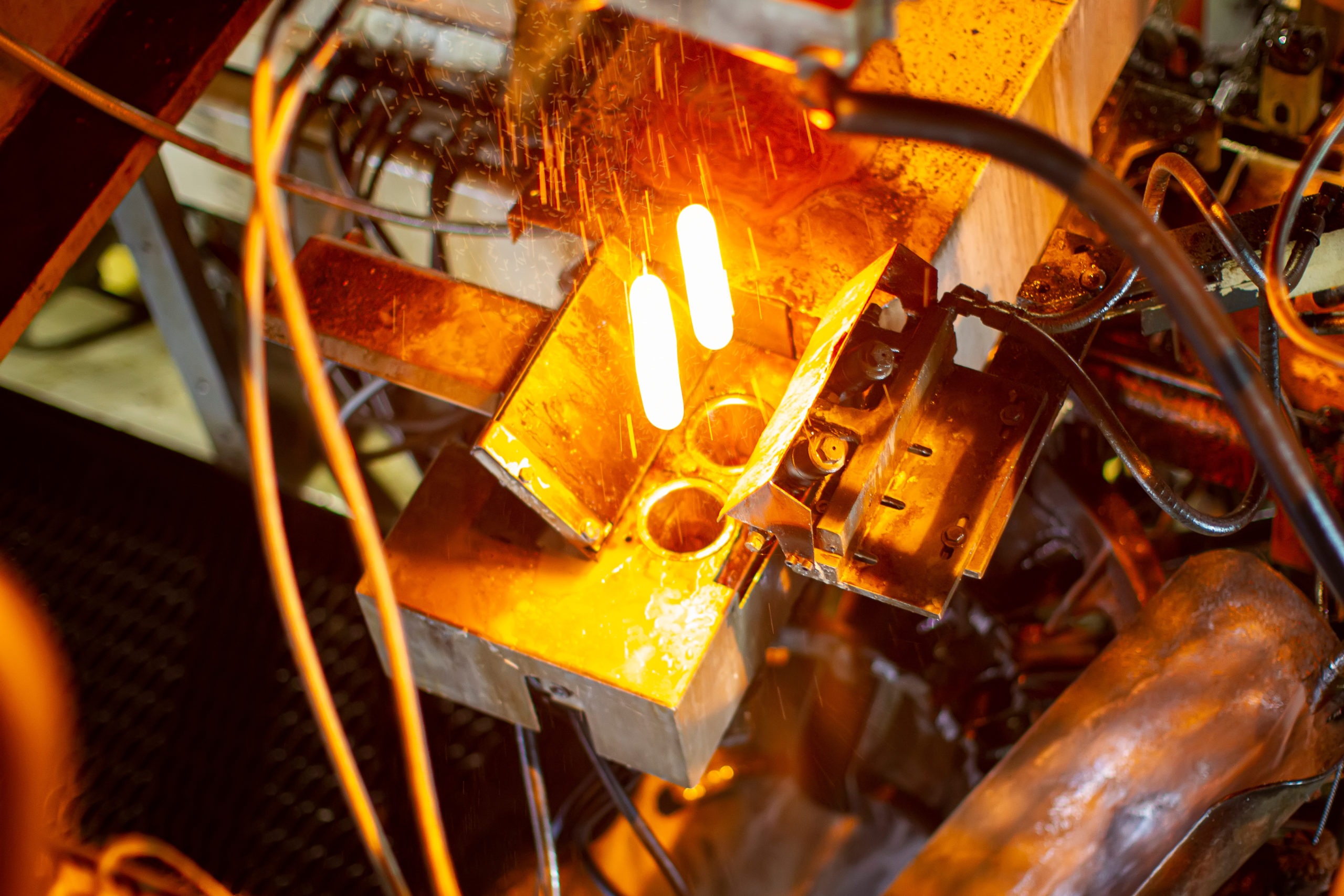Glass industry
Rare earth-based materials
Treibacher offers high-quality rare earth-based materials for glass melting as well as for glass processing.
As a global specialist in the field of rare earths, we offer optimum materials for both the production (glass melting) and processing of glass (polishing). Our rare earth oxides, for example, are used to colour and decolourize glasses, bottles, flacons or gemstones. Our portfolio also includes the right product for UV protection.
In the glass processing sector, we focus on cerium oxide-based polishing agents which we market under the brand name Auerpol®.
YOUR CONTACT
YOUR CONTACT
ANTON AUER
Business Unit Manager
Rare Earths & Chemicals
Products for polishing precision optics, optical lenses, plate glass and polished plate glass.
Under the brand name Auerpol, we offer a choice of cerium oxide-based polishing agents tailored to the requirements of particular industries. The PZ series achieves the roughness required in precision optics, while the W series achieves optimum stock removal rates. Most of our products are also available in a variant with optimized suspension behaviour. In addition to products in powder form, we also supply premium grades for precision optics in the form of ready-to-use polishing suspensions.
Rare earth oxides as an important ingredient in every glass melt.
Rare earth oxides are an important ingredient in any glass melt for plate glass, flacons, gemstones, pharmaceutical glass and optical lenses. Ceroxide and erbium oxide are the industry standard from decolourizing high quality glass. The properties of these two rare earth oxides, as well as those of neodymium and praseodymium oxide, are also used for the specific colouring of a wide variety of glass products such as flacons and gemstones. Lanthoxide, on the other hand, is used in the manufacture of optical lenses. UV protective glasses are manufactured with the help of cerium or vanadium oxide.
Auerpol® – polishing agents
-
Glass Industry
Treibacher Auerpol® are cerium oxide-based polishing agents for processing (polishing) glass surfaces in plate glass through to precision optics.
Applications:
Ceroxid (CeO2)
-
Glass Industry
-
High-performance ceramics
-
Paints / Coatings / Pigments
Ceroxid (CeO2) is a light yellow to reddish brown powder which is required for the production of glass and pigments.
Applications:
Erbium oxide (Er2O3)
-
Glass Industry
-
High-performance ceramics
Erbium oxide (Er2O3) is a hygroscopic, pink powder used mainly in glass melting where it is used to decolourize and colour glass.
Applications:
Gadolinium oxide (Gd2O3)
-
Glass Industry
-
High-performance ceramics
-
Paints / Coatings / Pigments
Gadolinium oxide (Gd2O3), often also referred to as gadolinia, is used in the production of phosphors, in the glass and nuclear industries.
Applications:
Lanthanum oxide (LA2O3)
-
Catalysts
-
Glass Industry
-
High-performance ceramics
-
Paints / Coatings / Pigments
Lanthanum oxide (La2O3) is a fine, white to light grey powder and can be used in many applications, such as optical glass, pigments or catalysts.
Applications:
Neodymium oxide (Nd2O3)
-
Glass Industry
-
High-performance ceramics
-
Paints / Coatings / Pigments
Neodymium oxide (Nd2O3) is a grey to blue powder and is important for the production of glass and catalysts.
Applications:
-
Glass Industry
-
High-performance ceramics
Niobium oxide is used as a raw material for the production of niobium carbide and for the production of pigments.
Applications:
Praseodymium oxide (Pr6O11)
-
Glass Industry
-
High-performance ceramics
-
Paints / Coatings / Pigments
Praseodymium oxide is a black, water-insoluble powder. The main field of application is the production of pigments for tiles and glazes.
Applications:
-
Glass Industry
-
Paints / Coatings / Pigments
Vanadium pentoxide (V2O5) is used in pigment production for tiles and for UV protection in the glass industry.
Applications:
-
Glass Industry
-
High-performance ceramics
-
Paints / Coatings / Pigments
Zirconium(IV) oxide (ZrO2) is a white powder that is non-flammable and virtually insoluble in water. Zirconium oxide is used in many ceramic applications.






